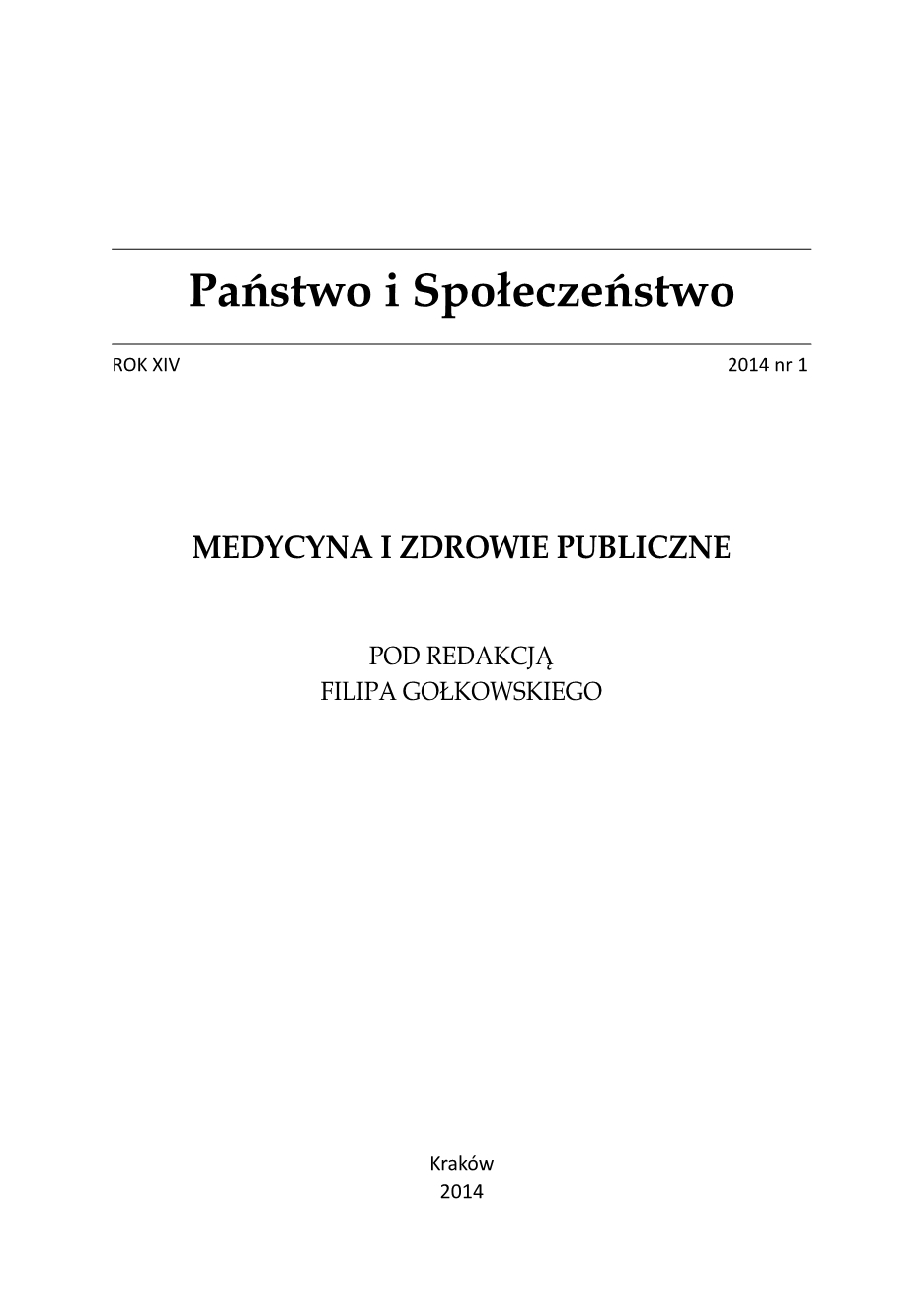Kształcenie i ocenianie kompetencji społecznych ratownika medycznego – inspiracja Krajowych Ram Kwalifikacji
Education and assessment of social competences in paramedic studies – inspired by National Framework of Qualifications
Author(s): Barbara Seweryn, Mikołaj SpodarykSubject(s): Communication studies, Vocational Education, Higher Education , Social psychology and group interaction, Methodology and research technology, Health and medicine and law
Published by: Oficyna Wydawnicza AFM Uniwersytetu Andrzeja Frycza Modrzewskiego w Krakowie
Keywords: social competences; learning outcomes; paramedic;
Summary/Abstract: Introduction: Social competences are the one of three categories of learning outcomes collaterally to knowledge and skills which should be evaluated and verified in students by academies. Polish Qualifications Framework obligate academies to do it, but we can see difficulties in matching methods and evaluation tools. The study shows how academic teachers deal with creating attitudes connected with social competences for paramedic students. The aim of our study was the recognition of the opinions of paramedic students and graduates about the effectiveness of teaching social competences during the entire period of education. Material and methods: Voluntary survey was conducted among third-year paramedic students and graduates. Closed questionnaire contained questions about the ten social skills which are in learning outcomes for the course of paramedic study. Open-ended question about the course in which, in the opinions of respondents, social competencies were implemented, was placed after each closed question. Results: Majority of respondents considered that the attitudes and behaviors expressed in social competence for paramedics are implemented in a satisfactory manner. It was pointed out that lectures and exercises beneficial as a form of classes. Conclusions: The study shows the need to improve exercises as a top rated classes and draw attention to practical classes and practices that inadequately fulfill their function. Further research is needed in this direction because of the limitations of study and the lack of a representative group.
Journal: Państwo i Społeczeństwo
- Issue Year: XIV/2014
- Issue No: 1
- Page Range: 47-57
- Page Count: 11
- Language: Polish

